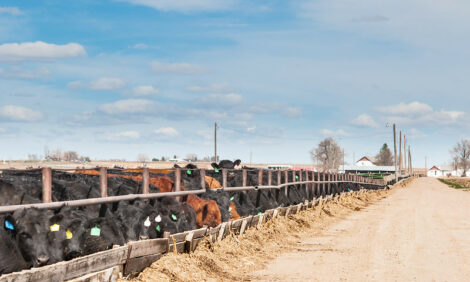



Michigan’s TB Status Upgraded
US - The US Department of Agriculture’s Animal and Plant Health Inspection Service (APHIS) is amending the boundaries of the bovine tuberculosis risk classification zones for the state of Michigan.
Fifty-seven counties now meet the requirements for accredited-free status.
In addition, Presque Isle County, which is currently designated modified accredited, now meets the requirements for modified accredited advanced status. These actions lessen restrictions on the interstate movement of cattle and bison from these areas of Michigan.
APHIS classifies states or zones within states according to their prevalence levels of bovine tuberculosis.
There are five classifications: accredited free, modified accredited advanced, modified accredited, accredited preparatory and nonaccredited.
Restrictions on the interstate movement of cattle and bison become less stringent as a state approaches or achieves accredited-free status.
Bovine tuberculosis is a contagious and infectious disease caused by Mycobacterium bovis. It affects cattle, bison, deer, elk, goats and other warm-blooded species and can be fatal. The disease can be transmitted to humans through direct contact with infected animals or consumption of raw milk. It is not transmitted through pasteurised milk.


